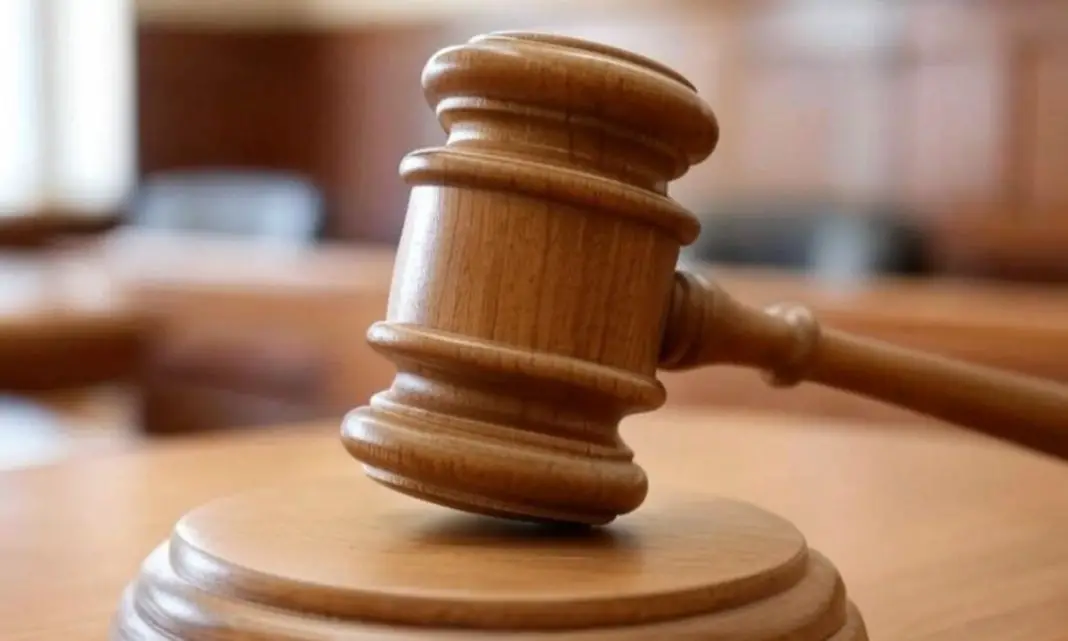A High-Stakes Showdown at the Supreme Court
The Supreme Court dove into a pivotal case Wednesday, wrestling with the non-delegation doctrine—a dusty legal principle that’s suddenly back in the spotlight. At its core, this idea insists that Congress can’t just hand over its constitutional lawmaking power to the executive branch.
Yet, as the justices heard arguments in Federal Communications Commission v. Consumers’ Research, it’s clear that decades of loose laws have let agencies like the FCC stretch their reach, often leaving everyday Americans footing the bill for decisions they never signed off on.
The case zeroes in on the 1996 Telecommunications Act, where Congress tasked the FCC with raising “sufficient” funds to keep phone service affordable in rural and low-income areas. The agency collects these contributions from carriers, who then tack the costs onto customers’ bills.
Consumers’ Research cries foul, arguing Congress essentially gave the FCC a blank check to tax—a power that’s supposed to stay with lawmakers—and then let the agency pass the baton to a private group, the Universal Service Administrative Co. (USAC), to set the quarterly haul.
Skepticism Clouds Non-delegation’s Revival
The justices didn’t exactly roll out the welcome mat for the challengers.
Justice Elena Kagan pushed back hard, saying, “The FCC could only raise funds to provide telecom services that are essential to modern life and could only spend funds in rural or poor communities.”
She, alongside Justices Sonia Sotomayor and Ketanji Brown Jackson, seemed unconvinced that Congress’ guidance was too vague to hold up.
Justice Amy Coney Barrett wondered aloud if slapping a high cap on FCC funds would really fix anything, while Justice Samuel Alito voiced “concerns” about upending not just this program but others built on fuzzy congressional directives.
Consumers’ Research argued that terms like “universal service” and “affordability” are so subjective they’re meaningless when the FCC gets to define them unchecked. But the court’s been lax since 1935, when it last struck down a law for over-delegation.
Back then, it started green-lighting vague standards like “public interest,” paving the way for agencies to balloon into mini-legislatures. The challengers didn’t ask to overturn that old precedent—just to win under it—which might’ve left them fighting with one hand tied behind their back.
Defending the Status Quo
Acting Solicitor General Sarah Harris and telecom advocate Paul Clement stood up for the law, insisting Congress gave the FCC enough of an “intelligible principle” to pass muster. Justice Clarence Thomas pressed Harris: had Congress set any real limit on the cash grab? She admitted there’s no hard number, but “sufficient” for universal service was enough of a guardrail.
Justice Neil Gorsuch, a non-delegation fan, tested the waters—could the FCC fund Starlink accounts under this setup? Harris dodged, suggesting that’s an Administrative Procedure Act fight, not a delegation one.
Justice Alito floated a hypothetical: could Congress tell the IRS to set “equitable” taxes to dent the national debt? Barrett chimed in with her own—taxing food for the hungry? Harris and Clement resisted but struggled to draw a clear line, hinting the FCC’s leash isn’t as loose as it might seem.
Chief Justice John Roberts, once a non-delegation backer, stayed quiet, leaving his stance a mystery as the court heads toward a June ruling. With the liberal trio leaning one way and Gorsuch and Thomas the other, the middle ground’s murky—and the average American’s left wondering who’s really calling the shots.
What are your thoughts on this Supreme Court case? Let us know in the comments!


As of lately I don’t have much faith in the supreme court They have ruled on things that Has no common sense for their Decisions Congress should be the 1 that’s Sets a hard number That the FCC should follow That’s their job Among other things.
I’m sure that the supreme clowns will screw this up too.